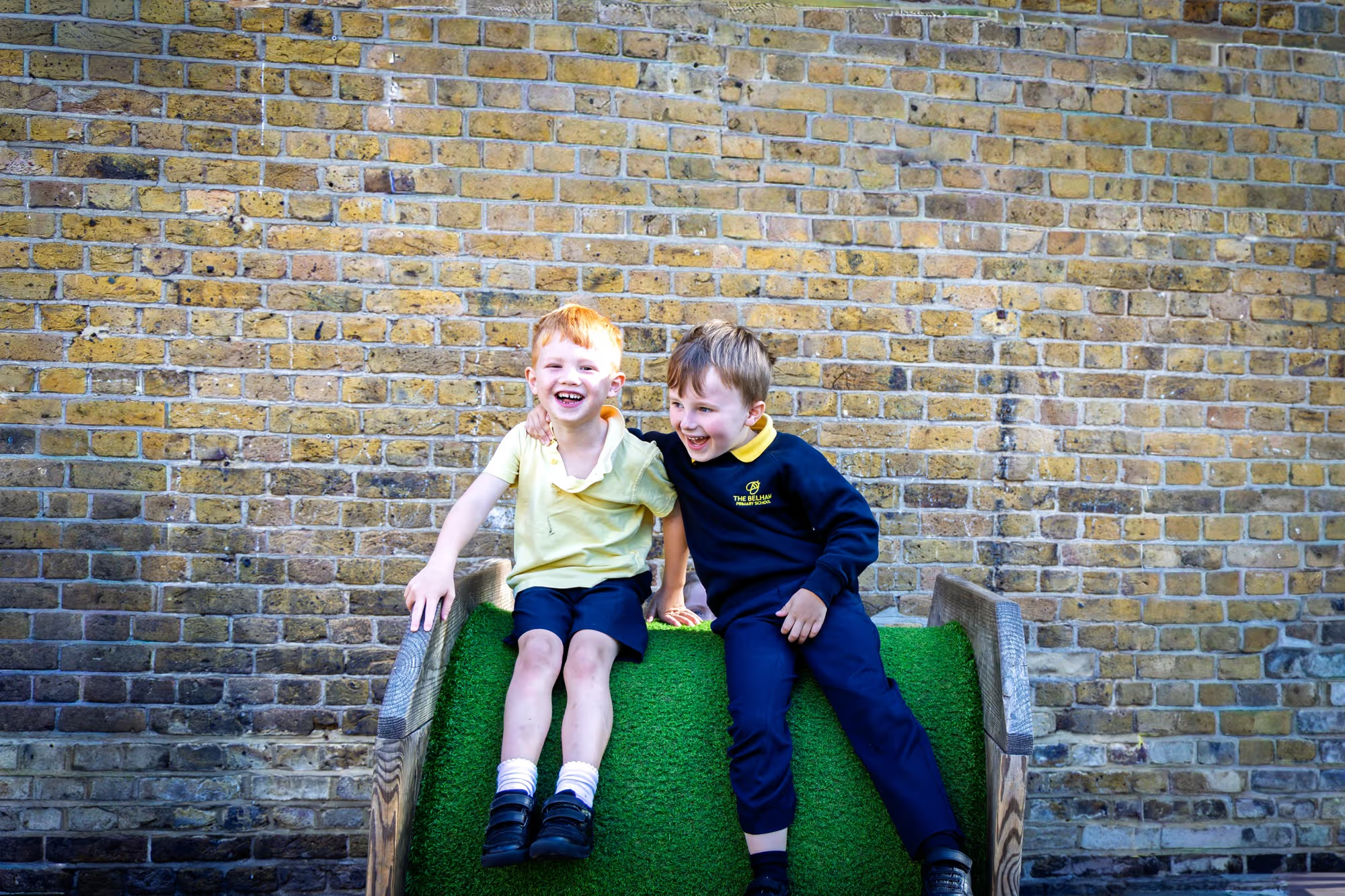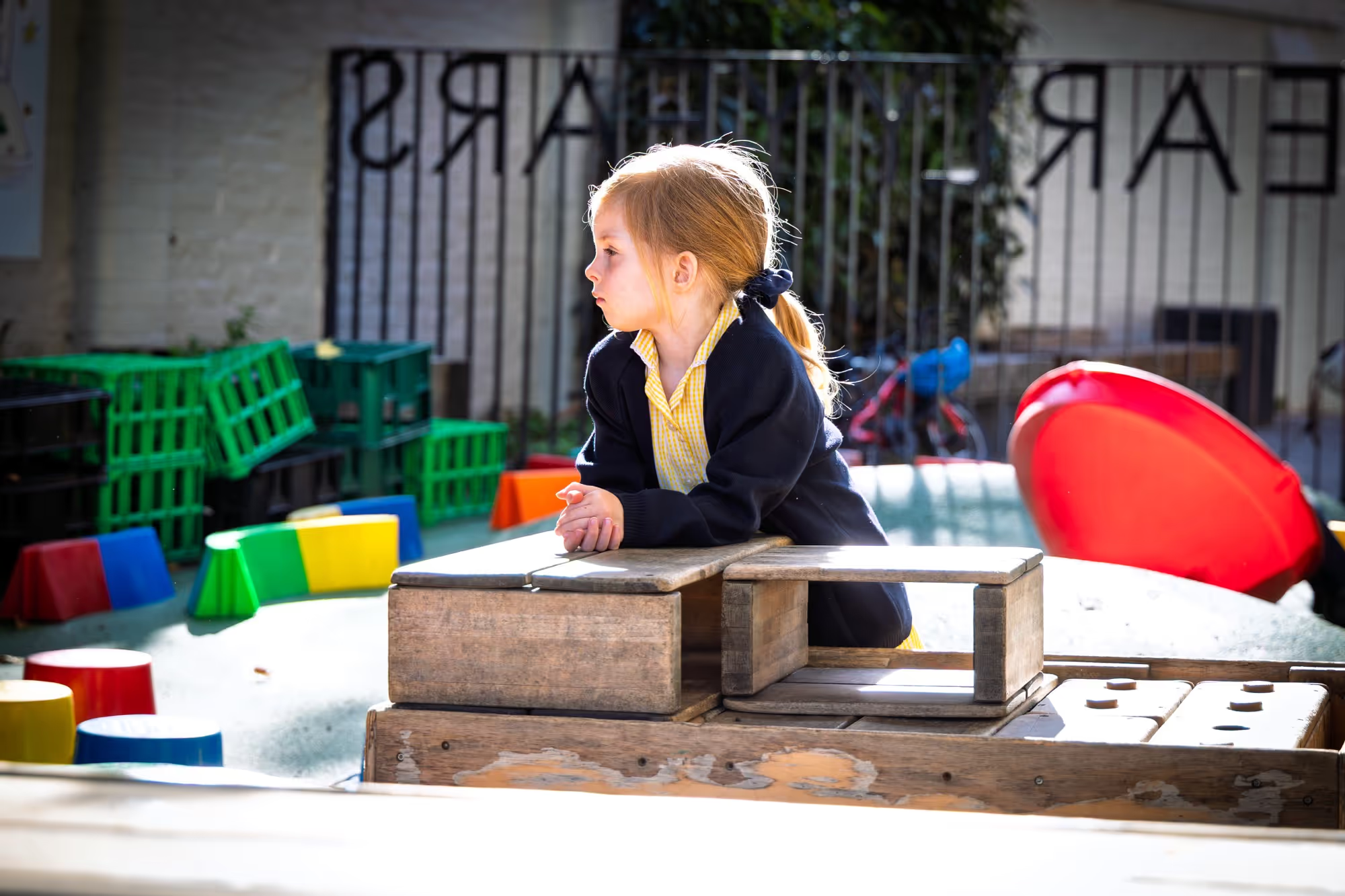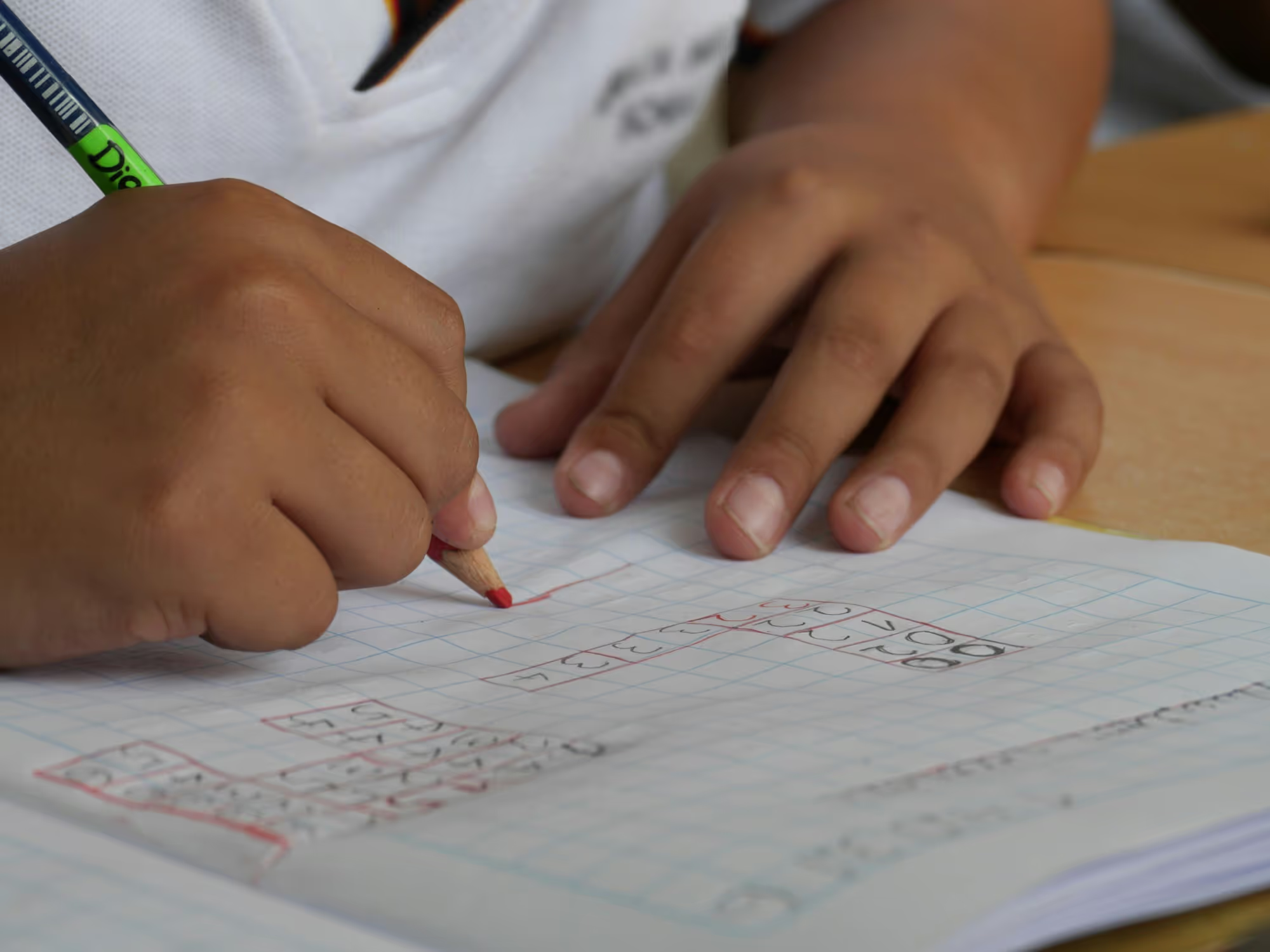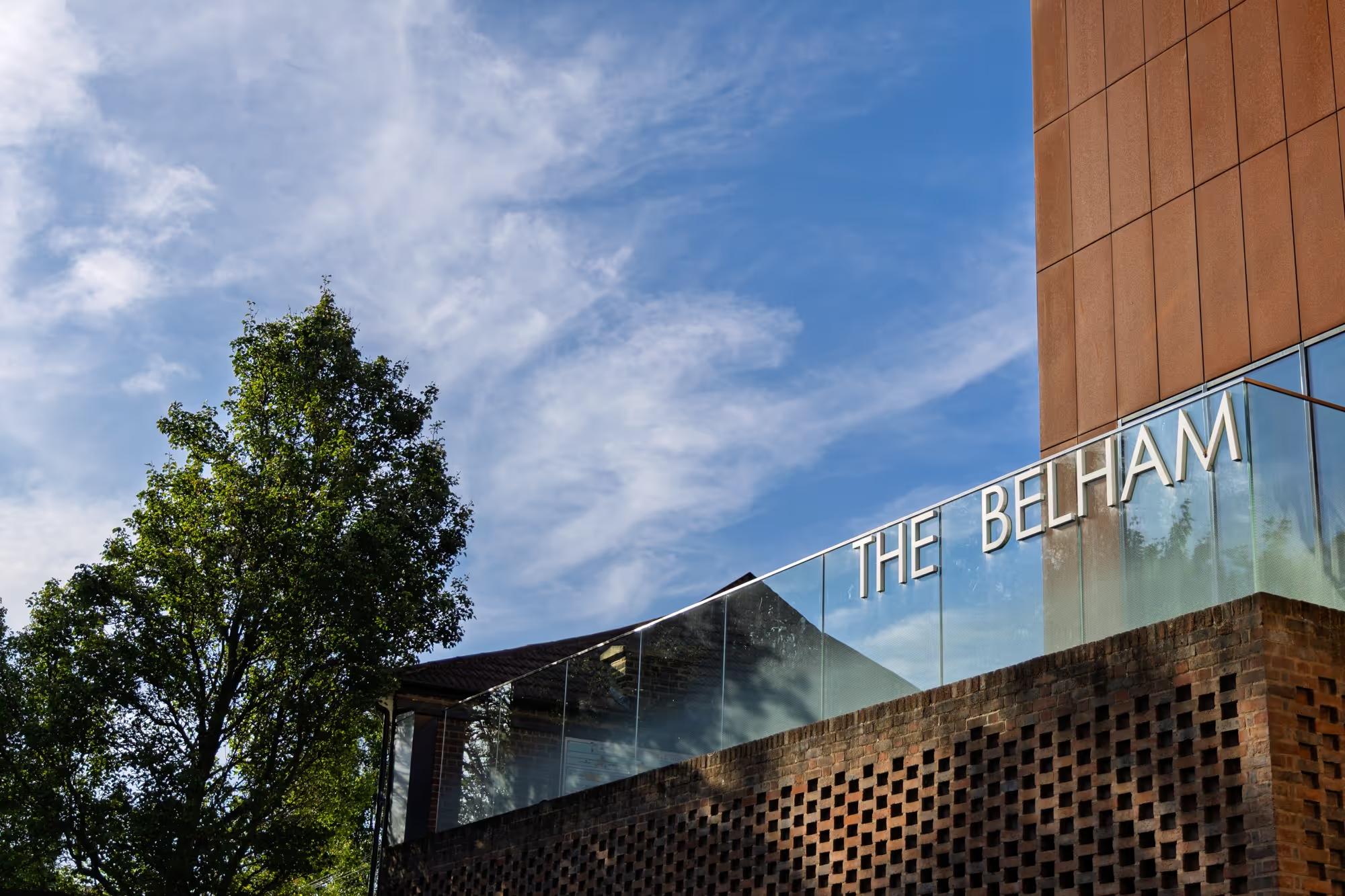Being your best
Behaviour at The Belham

The Belham’s School Values are: Brave, Equal, Loving, Helpful, Ambitious, Modest, Inspirational, Trustworthy and Enthusiastic.
How you can help at home
Key policies
Our approach
The school environment plays a central role in the children’s social and emotional development. Adults encountered by the children at school have an important responsibility to:
- Take a Keen Interest in the behaviour of all children
- Celebrate Differences in our community
- Model and expect High Standards of behaviour at all times
- Use Praise and Positive Reinforcement to encourage excellent behaviour
Positive relationships are key. When dealing with poor behaviour, we keep relationships intact by focussing on the behaviour and not the child.
Why positive behaviour management?
In the world around them children see many different examples of how people behave. We have a responsibility to help children understand that they have choices about how to behave and help them develop the strategies to make appropriate choices.
We follow the best practices of Trauma Informed Schools. By encouraging children to identify and name their emotions, they will better be able to regulate them. By engaging children in distraction tasks, they will be able to use to think rather than react. By encouraging physical activity and movement, children will develop strategies to help them shift their emotional state.
We believe that children respond best to praise and encouragement. We must try to find every opportunity to praise children when they are showing appropriate behaviour. We use a system of encouragement based on our school values which acknowledges – both at school and, for the attention or their parents, at home – children’s good choices.
Our aim is to create an environment where children feel valued, safe and motivated to learn. We believe that good behaviour and discipline are the foundation of all learning, and without a calm, orderly atmosphere, effective teaching and learning cannot take place.
Motivation
The use of praise in developing a positive atmosphere in the classroom cannot be underestimated. It is the key to developing good relationships, including with those learners who are hardest to reach. We praise the behaviours we want to see. The more we notice good behaviour/celebrate success the less we need to extrinsically reward it. It becomes just the way that we do things. We value the effort pupils put into demonstrating good behaviour and developing good relationships.
Ways in which we recognise positive behaviour include:
- Brilliant Belhamite Awards Weekly
- Phone calls home
- Sharing excellent learning with others
- Good news postcards and stickers
- Visits with Senior Teachers and Leaders













